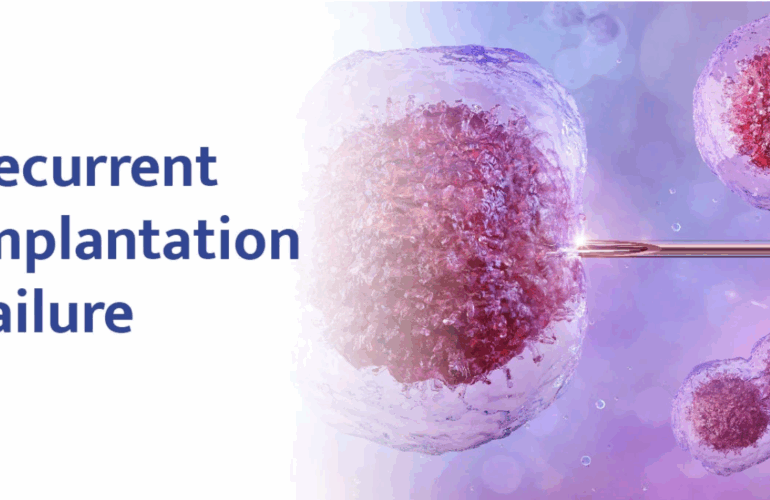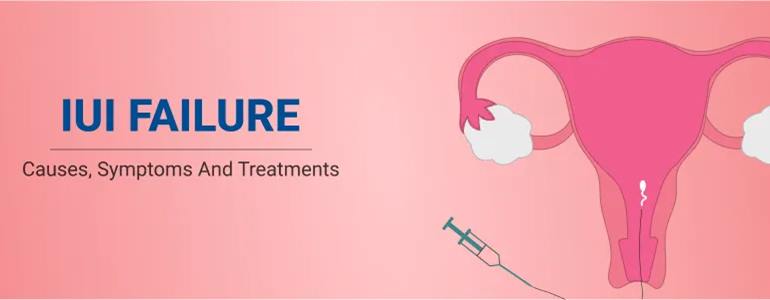Male infertility occurs if problems in conception are due to an issue in the reproductive capability of the male. Male infertility could be due to an issue with the sperm itself or a problem with its delivery into the woman’s vagina. The testicles produce the sperm and are also responsible for secreting the hormone testosterone which is thought to regulate the sex drive in men amongst other things.
There are many reasons for male infertility some of which could be due to low sperm count, decreased sperm motility, abnormally formed sperm, blocked sperm ducts, illnesses, injuries, lifestyle choices, health issues or various other reasons. Sometimes sperm are affected temporarily due to injury of the testicles or due to drug abuse, smoking or drinking too much alcohol. Fertility could also be impacted by age. Also, sometimes infertility in men could be unexplained because routine tests seem to be within normal levels. This can at times be due to fragmentation in the sperm DNA for which advanced tests are needed.

Free Thursday Consultation
Book Your AppointmentSymptoms
Male infertility symptoms can be sometimes vague and one might not even know they are infertile until they are having problems conceiving and go to see a doctor. Some symptoms might include:
- Problems with ejaculation- occurs if ejaculation doesn’t occur at all or occurs too early or too late. Sometimes, there might be low volume or no semen during ejaculation. Retrograde ejaculation occurs when the semen goes backward into the bladder rather than out of the penis leading to problems with conception.
- Reduced or no sexual desire- could be due to hormonal issues like a decrease in testosterone levels. It could also be due to chronic stress, fatigue or depression.
- Testicles are very small- could be due to various reasons like trauma, undescended testes (the testicles don’t move down into the scrotum before birth itself), testicular torsion (where testicle rotates within its sac and blocks its own blood supply) or hypogonadism (body doesn’t produce enough testosterone). It could also be due to varicocele where veins within the scrotum get enlarged usually due to problems with blood flow and it may look like a bag of spaghetti with one testicle smaller than the other. This occurs due to valves in the testicular vein not functioning properly allowing blood to get pooled in the scrotum. Having small testicles or different sized testicles does not necessarily mean that there is an issue. However, a sudden change in shape or size of testicles might indicate a problem.
- Erectile dysfunction- is the inability to maintain an erection during sexual intercourse and could be due to various reasons like heart disease, diabetes, obesity, high blood pressure, prostate problems, drug use, depression, hormonal issues amongst other reasons.
- Pain, swelling or a lump in and around the testicles- could be due to many reasons like infection, twisted testicles, fluid buildup around testicles or hernia. You should seek immediate medical attention if you have these symptoms.
- Obstruction in the testicles- not allowing the sperm to travel through the tubes and nothing coming out during ejaculation could be due to infection, surgery like vasectomy, or a defect during development.
- Decreased facial or body hair or other signs of a chromosomal or hormonal abnormality
Treatment
Treatment depends on what’s causing the infertility. Many problems can be fixed with medication or surgery. This could allow for conception through normal sex.
- Surgery for varicoceles- Varicoceles are repaired with surgery to block off the abnormal veins. This might improve fertility.
- Lifestyle choices– like no drugs, smoking or alcohol can aid in issues with fertility. Avoid hot baths or whirlpools because high temperature can affect sperm. Get adequate sleep, exercise and eat healthy. Certain medications like steroids can also affect infertility.
- Hormonal abnormalities like hypogonadism, can sometimes be treated with hormone replacement therapy
- Obstructions in sperm travel can sometimes be fixed by surgery. Transrectal ultrasound could be used to see if there is any blockage or unusual structures causing problems.
- Assisted reproductive techniques(ART) like IVF could be used to collect, wash and concentrate sperm and could aid in conception to help men with very low amounts of sperm. If no sperm is coming out, they could be collected from testicles in case of blockage or from the bladder or urine in case of retrograde ejaculation.
- Remove stress, anxiety- if one is able to ejaculate normally but not during sex, then it might be a psychological issue. It might help to have an open and frank discussion with your partner and this might relieve some anxiety and help resolve your issue.
- 7) Medications could be used for treating erectile dysfunction
- Certain medications that you are taking for some previous underlying health condition, might itself be causing infertility like medications for arthritis, depression, high blood pressure, cancer or other problems.
- In many cases, an undescended testicle moves into the proper position on its own within the first few months after birth. If it doesn’t, surgery might be needed to move the undescended testicle to the proper location.
Many men might feel embarrassed about problems with sexual health and may thus avoid seeing a doctor. It is important to seek medical treatment because it may be due to some serious underlying condition. At Xenith Advanced Fertility Centre, we value your privacy and can help you find answers to your issues with infertility and help you in having a child. We have a specialized Andrology Clinic, where it is not just about infertility in the male and all advanced options for treating it, but also for other issues such as erectile problems, ejaculatory disorders etc.




